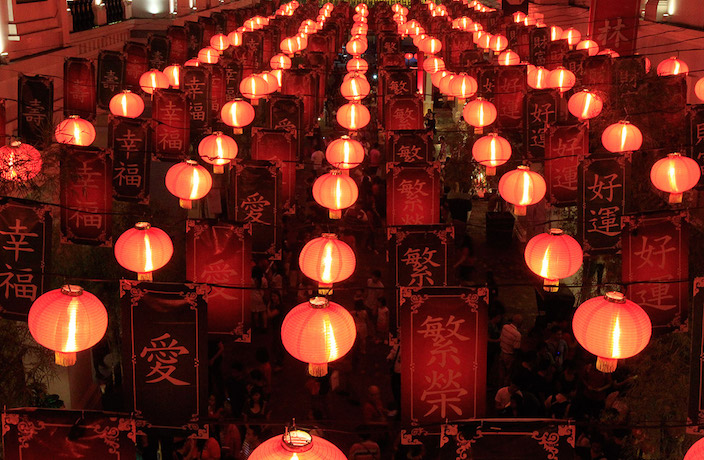Celebrating your first Spring Festival in China? Well just in case you need it, here's a quick run-down on what to expect during Chinese New Year so you can prepare yourself for the biggest national holiday of the year.
1. The unavoidable CNY travel rush
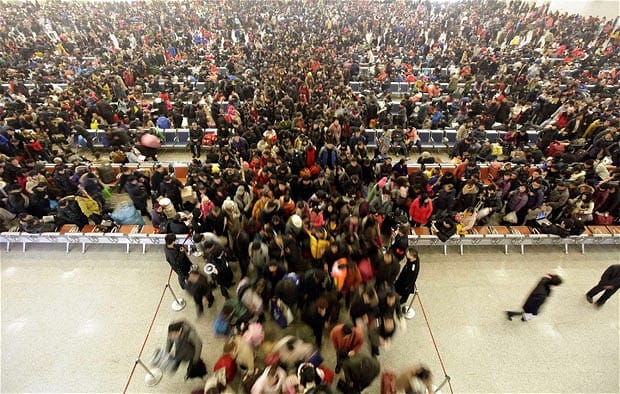
The annual 40 days of chunyun has already begun. It literally feels like the earth might wobble a bit due to the giant mass of people moving during this rush. After all, it is the world's largest annual human migration.
It's during this period — this year, from February 1 to March 12 — when train stations are filled with the masses taking trains back to their hometowns or just trying to go on vacation.
In recent years, more and more Chinese tourists have also opted to travel abroad for Spring Festival. So if you're planning on hopping on a train or plane and traveling somewhere for the break, make sure you purchase your tickets ahead of time and arrive at the airport or train station extra early!
2. Fireworks! Fireworks (almost) everywhere
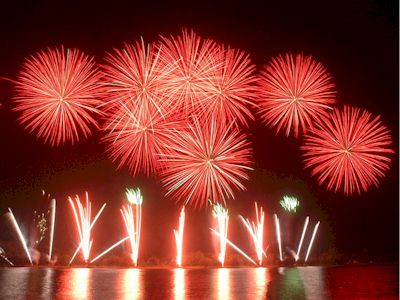
Legend has it that a Chinese chef accidentally dropped some saltpeter (an ingredient used in gunpowder and can also be used as seasoning for cooking) into a fire used for cooking and then boom – the 'firework' was born.
Since then, fireworks have been a long time tradition to explode into the new year. They were used in ancient China to ward off evil spirits by the bright lights and loud noises, and have become an important custom in Chinese culture. These days, in some cities, you can expect to hear fireworks going off every night of the holiday from approximately 10pm-6am. (Also: do not expect to sleep).
That is unless you live in Shanghai, where for over two years, it is forbidden to set off explosive pyrotechnics in the central part of the city. Other cities have also started to follow suit, with Beijing banning the sale of fireworks within the Third Ring Road.
So why the crackdown on fireworks? Every year, there are reports of numerous injuries and people spending time in the hospital during the holiday. Accidental fires and sometimes even fatalities are also caused by triggering these explosives. Not only do they result in these horrible situations — we're looking at you, CCTV headquarters fire — but they also contribute to poor levels of smog, and China doesn't need more of that.
3. Chinese New Year feasts (with plenty of baijiu)
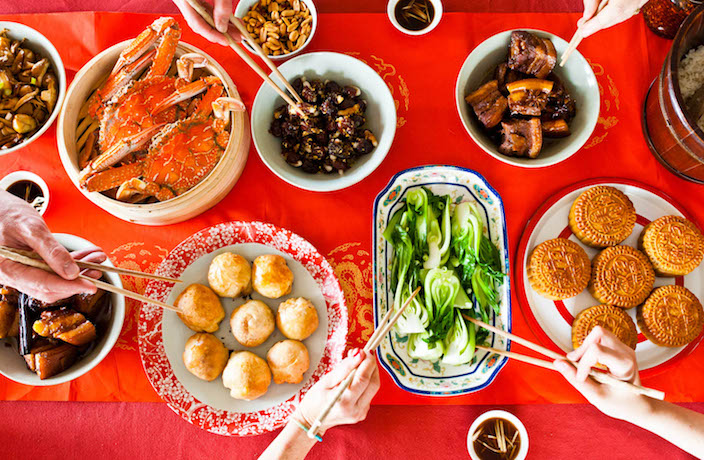
Most families feast together on New Years Eve before watching the annual CCTV New Year Gala and then heading out to the streets to light fireworks at midnight, if they are allowed to that it!
And of course, it wouldn’t be CNY without that bad-decision-fueling, hangover-inducing baijiu. Expect to drink lots of it during the holiday, especially if you're celebrating in rural China. Be careful though—this stuff is poison.
4. Busy tourist attractions
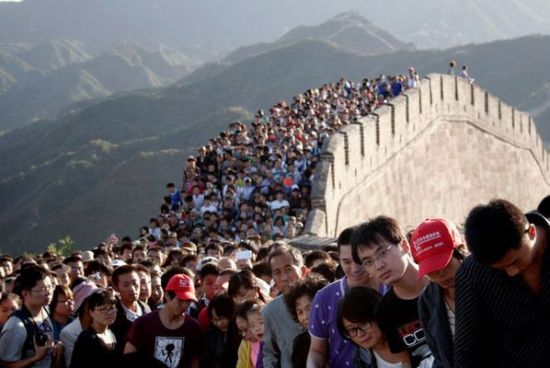
Should you go to China's tourist attractions during Spring Festival? Probably not.
Major sites like the Forbidden City and Great Wall in Beijing, the Bund in Shanghai, Huangshan in Anhui, Zhangjiajie National Forest Park in Hunan, and pretty much anything in Hangzhou or Guilin (just to name a few) will be extremely full during any given public holiday in China. If you'd rather not get pushed off a mountain due to crowded hiking trails, perhaps stay at home and binge-watch some TV instead?
5. But sometimes, it's not so busy
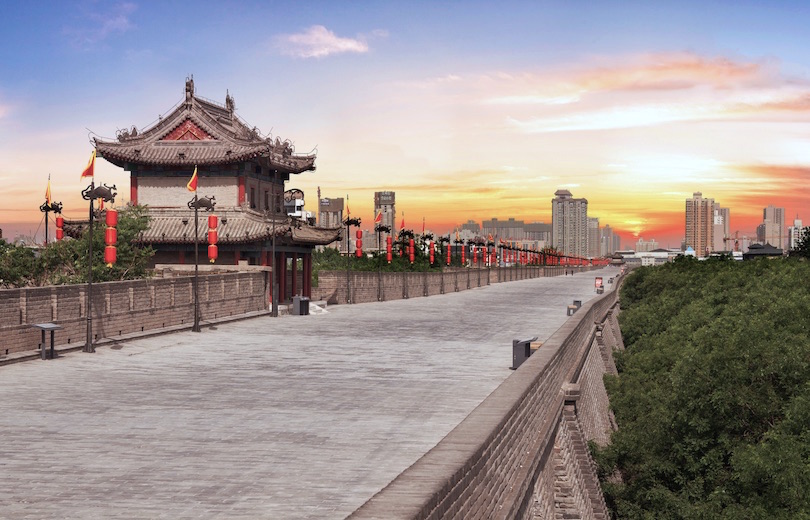
During Spring Festival, expect to see major first and second-tier cities across China become eerily empty as millions travel to their hometowns to celebrate Chinese New Year with families and friends. Lots of places will close their doors for the holiday. This includes some restaurants and stores (mostly of the smaller variety) being closed for a portion of the holiday or even the entirety of the break.
7. Red everything
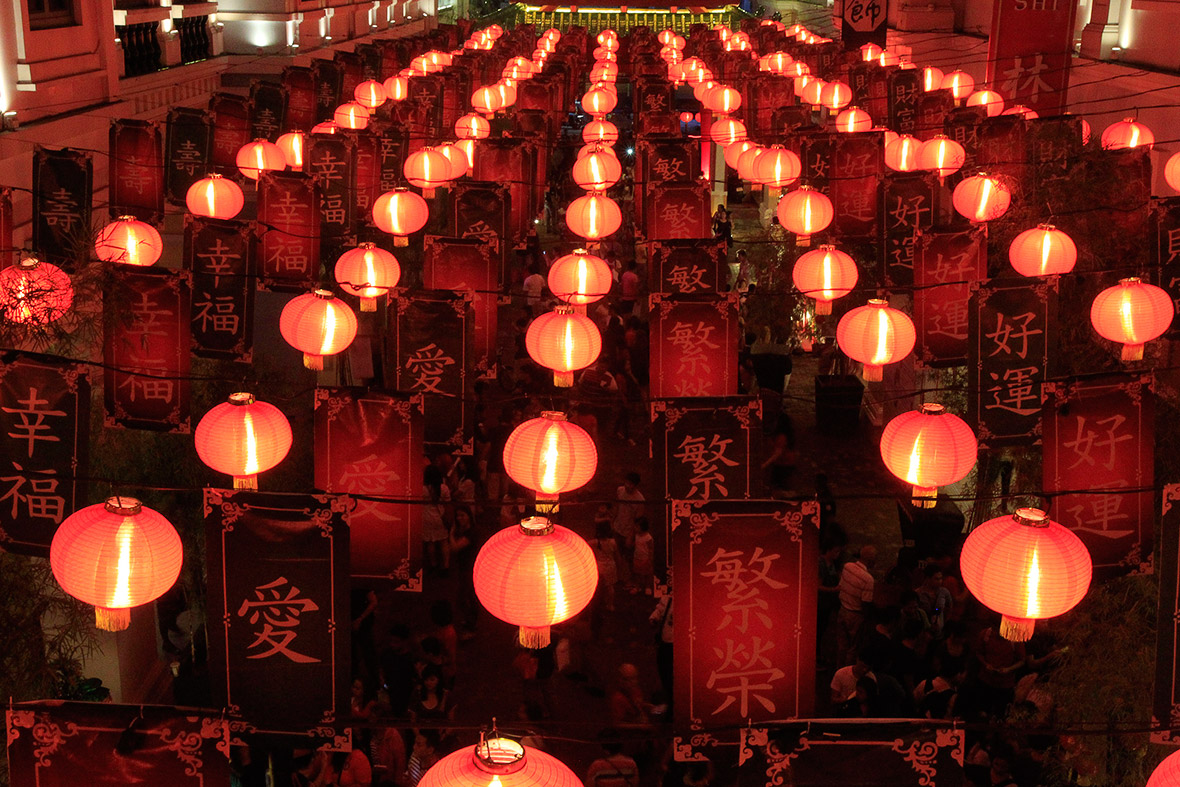
Expect to see lots of intense red colors during the holiday. Buildings, houses, stores and streets will be brightly decorated with lucky red ornaments, banners and more.
Chinese couplets composed of positive wishes will adorn walls, red lanterns will light up the streets to shoo away bad luck and paper-cuttings will be used to represent happiness and luck. During this time of year, banks usually hang up festive photos to present images of prosperity. It's also a tradition to put the word 'fu' (福) upside-down on doors of houses to "pour out" good luck for the new year.
You may also see kumquat trees, which are said to bring wealth, as well as blooming flowers to welcome in both the new year and spring season with warm wishes.
And don't forget dog decorations, which will be seen everywhere this year because it's the Year of the Dog!
8. Hongbao galore and discounts
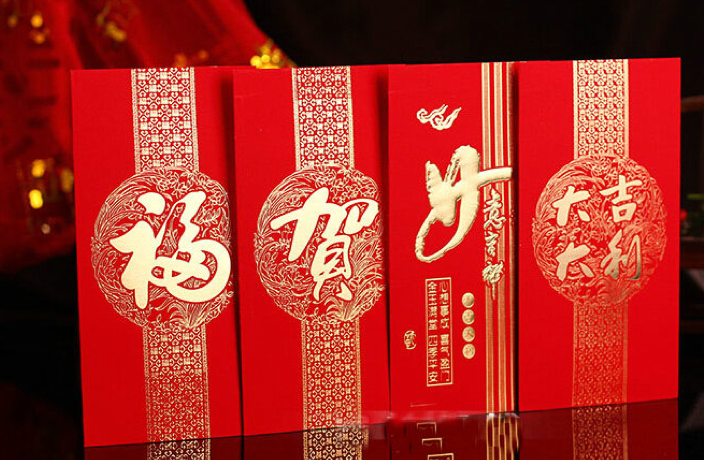
Get your hongbao opening game on point! During Spring Festival, people love sending red packets to WeChat groups. Chinese people are extra-giving during this time of year, so you never know how much money you might end up earning over the holiday through hongbao (red envelopes). Read more about hongbao etiquette here.
You'll also be seeing a lot of stores with their displays all glammed up to promote their CNY discounts, as well as restaurants, hotels and bars offering holiday specials.
9. Temple fairs
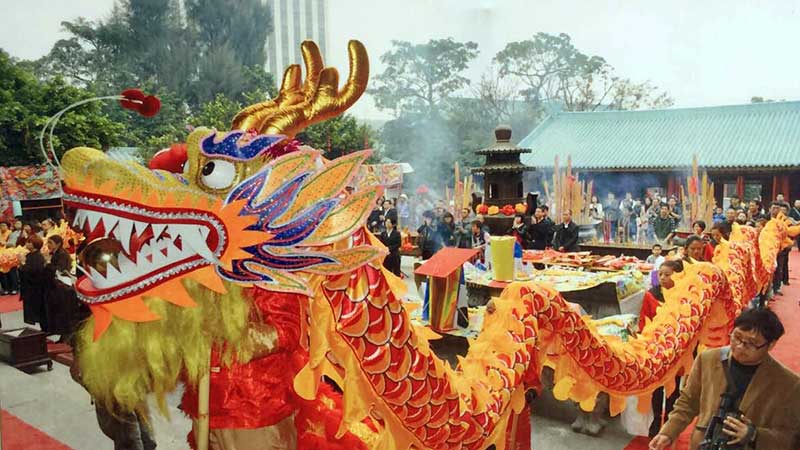
Many cities will hold special temple fairs, where you can watch traditional dragon and lion dances, as well as special performances like an emperor's wedding. You can also find traditional Chinese items and strange snacks at these fairs.
Although the temples are also pretty crowded during this time of year, the cultural vibes are nonetheless worth experiencing.
Read more on Chinese New Year Spring Festival 2018, here.

